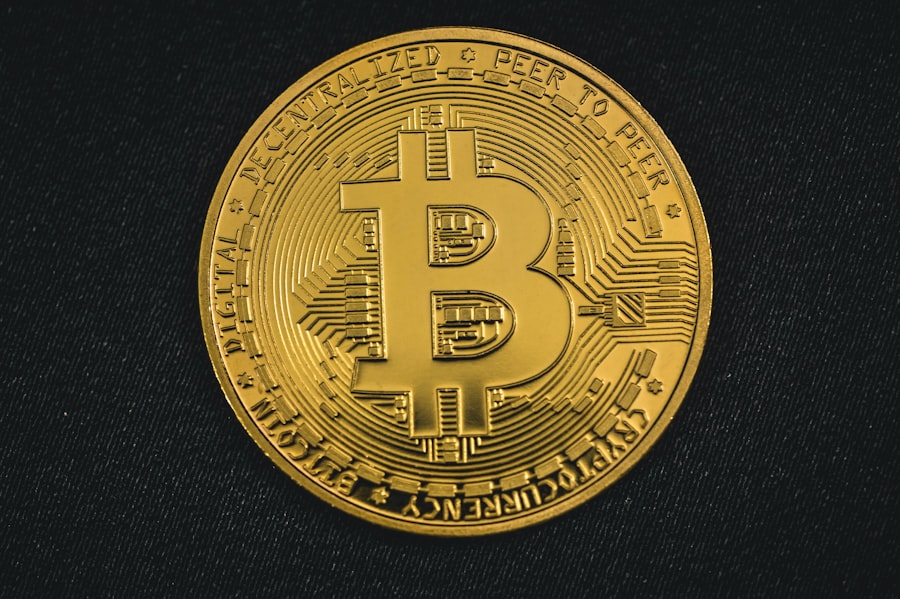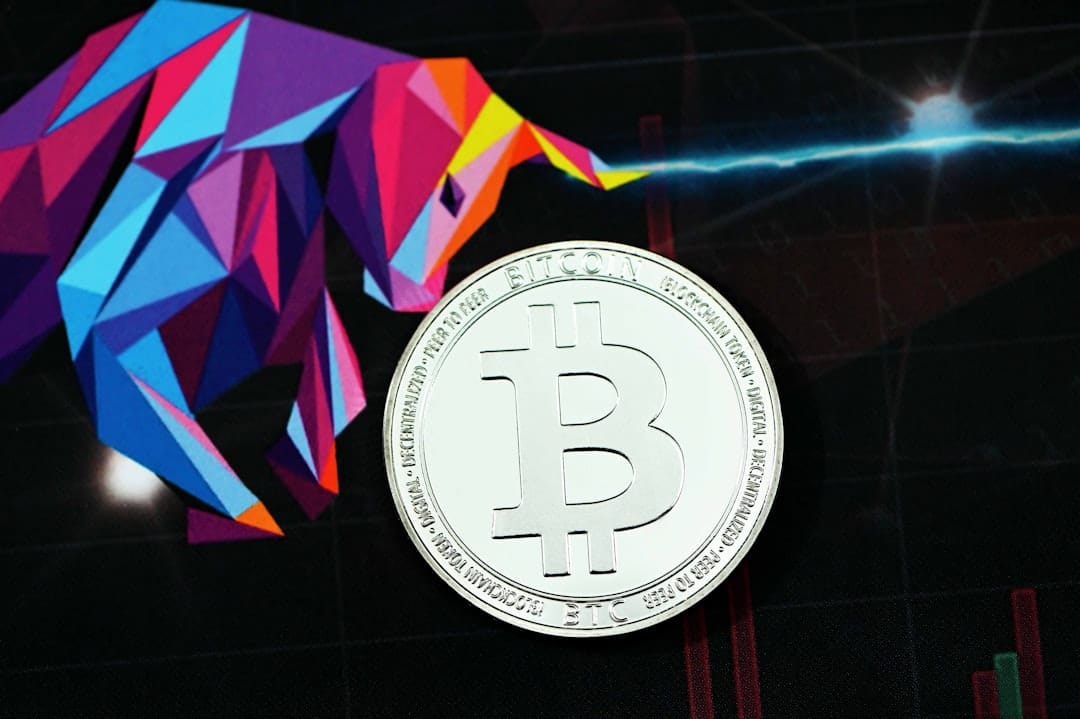Blockchain technology has emerged as a revolutionary force in various sectors, fundamentally altering how data is stored, shared, and verified. At its core, blockchain is a decentralized digital ledger that records transactions across multiple computers in such a way that the registered transactions cannot be altered retroactively. This characteristic ensures transparency and security, making it an attractive solution for industries that require trust and verification.
The technology was initially developed as the backbone for cryptocurrencies like Bitcoin, but its potential applications extend far beyond digital currencies. Today, sectors such as finance, supply chain management, healthcare, and education are exploring how blockchain can enhance their operations.
Each block in the chain contains a list of transactions, a timestamp, and a cryptographic hash of the previous block, creating an immutable record. This structure not only enhances security but also fosters trust among participants who may not know each other. As educational institutions grapple with issues related to the authenticity of academic credentials, blockchain technology presents a compelling solution to streamline the verification process and combat fraud.
Key Takeaways
- Blockchain technology is a decentralized and secure way of storing and verifying data, making it an ideal solution for academic certificate verification.
- Current challenges in academic certificate verification include issues with fraud, time-consuming processes, and lack of transparency.
- Blockchain has the potential to revolutionize academic certificate verification by providing a tamper-proof and transparent system for storing and verifying certificates.
- Advantages of using blockchain for certificate verification include increased security, reduced fraud, faster verification processes, and improved transparency.
- Implementing blockchain in academic institutions requires careful planning, investment in technology, and collaboration with relevant stakeholders.
Current Challenges in Academic Certificate Verification
Challenges Posed by Diploma Mills and Fraudulent Credentials
One of the most pressing issues is the prevalence of diploma mills and fraudulent credentials. These entities produce degrees and certificates that lack any legitimate academic rigor, making it difficult for employers and educational institutions to discern genuine qualifications from counterfeit ones.
Inefficiencies in the Traditional Verification Process
The traditional verification process often involves contacting the issuing institution, which can be time-consuming and inefficient, especially when dealing with international credentials. Moreover, the current systems for verifying academic certificates are often siloed and lack standardization. Different institutions may have varying procedures for issuing and verifying credentials, leading to inconsistencies and confusion.
The Need for a Unified Approach to Certificate Verification
This fragmentation can result in delays and increased costs for employers seeking to verify candidates’ qualifications. Additionally, as more students pursue online education and non-traditional learning pathways, the challenge of verifying diverse types of credentials becomes even more complex. The lack of a unified approach to certificate verification not only hampers the hiring process but also diminishes the value of legitimate academic achievements.
The Potential of Blockchain in Academic Certificate Verification

Blockchain technology offers a transformative approach to academic certificate verification by providing a secure, transparent, and efficient method for recording and sharing educational credentials. By utilizing a decentralized ledger, educational institutions can issue digital certificates that are tamper-proof and easily verifiable by employers or other institutions. Each certificate can be linked to a unique cryptographic hash that ensures its authenticity while allowing for real-time access to verified information.
This capability addresses many of the current challenges associated with traditional verification methods. Furthermore, blockchain can facilitate interoperability among different educational institutions and systems. By creating a standardized framework for issuing and verifying credentials, blockchain can streamline the process for all stakeholders involved.
For instance, if a student transfers from one institution to another or applies for a job, their academic records can be easily accessed and verified without the need for cumbersome paperwork or lengthy waiting periods. This potential for seamless data sharing not only enhances efficiency but also empowers students by giving them greater control over their academic records.
Advantages of Using Blockchain for Certificate Verification
The advantages of employing blockchain technology for academic certificate verification are manifold. First and foremost, the security provided by blockchain is unparalleled. Each transaction recorded on the blockchain is encrypted and linked to previous transactions, making it virtually impossible to alter or forge records without detection.
This level of security is crucial in an era where credential fraud is rampant and can have significant repercussions for both individuals and institutions. In addition to security, blockchain enhances transparency in the verification process. All parties involved—students, employers, and educational institutions—can access the same information in real-time, reducing discrepancies and misunderstandings.
This transparency fosters trust among stakeholders, as employers can confidently verify a candidate’s qualifications without relying solely on potentially biased or incomplete information from third-party verification services. Moreover, the use of smart contracts within blockchain systems can automate various aspects of the verification process, further reducing administrative burdens and expediting decision-making.
Implementing Blockchain in Academic Institutions
The implementation of blockchain technology in academic institutions requires careful planning and collaboration among various stakeholders. Educational institutions must first assess their existing systems and identify areas where blockchain can add value. This may involve partnering with technology providers who specialize in blockchain solutions tailored for education.
Institutions must also consider the legal and regulatory implications of adopting blockchain technology, particularly concerning data privacy and security. Training faculty and administrative staff on how to utilize blockchain effectively is another critical step in the implementation process. Institutions may need to develop new policies and procedures to integrate blockchain into their existing workflows seamlessly.
Additionally, engaging students in this transition can foster a culture of innovation and encourage them to take ownership of their academic records. By involving students in discussions about how blockchain can enhance their educational experience, institutions can create a more inclusive environment that embraces technological advancements.
Future Developments in Blockchain Technology for Certificate Verification

The Power of AI-Blockchain Synergy
One potential development is the integration of artificial intelligence (AI) with blockchain systems to enhance data analysis capabilities. AI could be used to analyze trends in credential verification, identify patterns of fraud, and provide insights into how educational institutions can improve their processes.
As more institutions adopt blockchain technology, there may be a push towards creating universal standards that facilitate interoperability across borders.
Enhancing International Mobility and Collaboration
Such standardization would enable students to carry their verified credentials seamlessly from one country to another, promoting international mobility and collaboration in education. This development could significantly enhance the value of academic qualifications on a global scale.
Potential Obstacles and Limitations
Despite its many advantages, the adoption of blockchain technology for academic certificate verification is not without challenges. One significant obstacle is the resistance to change within educational institutions that may be hesitant to abandon traditional methods in favor of new technologies. This reluctance can stem from concerns about costs, training requirements, or simply a lack of understanding about how blockchain works.
Additionally, there are technical limitations associated with blockchain technology itself. Issues such as scalability remain a concern; as more institutions adopt blockchain solutions, ensuring that these systems can handle increased transaction volumes without compromising speed or efficiency will be crucial. Furthermore, regulatory frameworks surrounding data privacy and security must evolve to accommodate the unique characteristics of blockchain technology.
Institutions must navigate these complexities while ensuring compliance with existing laws and regulations.
Conclusion and Recommendations for the Future
The future of academic certificate verification stands at a crossroads where traditional methods are increasingly being challenged by innovative technologies like blockchain. As educational institutions explore ways to enhance their verification processes, embracing blockchain could provide a pathway toward greater security, transparency, and efficiency. To maximize the benefits of this technology, institutions should prioritize collaboration with technology providers and engage stakeholders throughout the implementation process.
Moreover, ongoing research into best practices for integrating blockchain into existing systems will be essential for overcoming potential obstacles. By fostering an environment that encourages experimentation and innovation, educational institutions can position themselves at the forefront of this technological revolution. As we move forward into an era where digital credentials become increasingly important, leveraging blockchain technology will not only enhance the integrity of academic qualifications but also empower students in their educational journeys.
In addition to exploring the future of blockchain in academic certificate verification, readers may also be interested in learning about the best antivirus software in 2023. With cybersecurity becoming increasingly important in today’s digital world, having reliable antivirus protection is essential. To find out more about the top antivirus software options for the coming year, check out this article.
FAQs
What is blockchain technology?
Blockchain technology is a decentralized, distributed ledger system that records transactions across multiple computers in such a way that the recorded transactions cannot be altered retroactively. It is the underlying technology behind cryptocurrencies like Bitcoin and has potential applications in various industries beyond finance.
How does blockchain technology work in academic certificate verification?
In academic certificate verification, blockchain technology can be used to create a secure and tamper-proof system for storing and verifying academic credentials. Each academic certificate is recorded as a block on the blockchain, and the decentralized nature of the technology ensures that the information is secure and cannot be altered.
What are the benefits of using blockchain for academic certificate verification?
Using blockchain for academic certificate verification offers several benefits, including increased security, reduced fraud, and improved efficiency. It also provides a transparent and decentralized system for verifying academic credentials, which can be particularly useful for employers and academic institutions.
What are the challenges of implementing blockchain in academic certificate verification?
Challenges of implementing blockchain in academic certificate verification include the need for standardization and interoperability across different educational institutions and the potential costs associated with transitioning to a blockchain-based system. Additionally, there may be concerns about data privacy and regulatory compliance.
What is the future outlook for blockchain in academic certificate verification?
The future of blockchain in academic certificate verification looks promising, with increasing interest and investment in the technology from educational institutions, employers, and government agencies. As the technology matures and standards are established, blockchain has the potential to revolutionize the way academic credentials are verified and shared.

